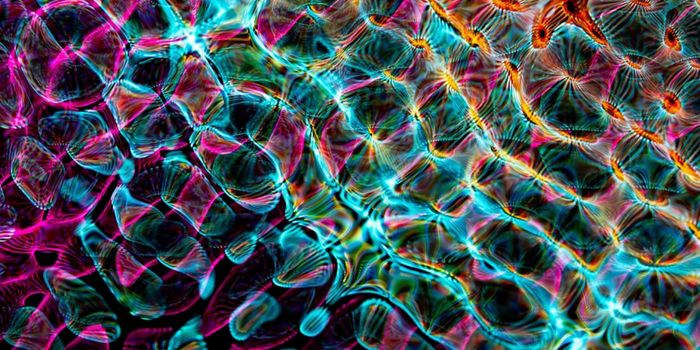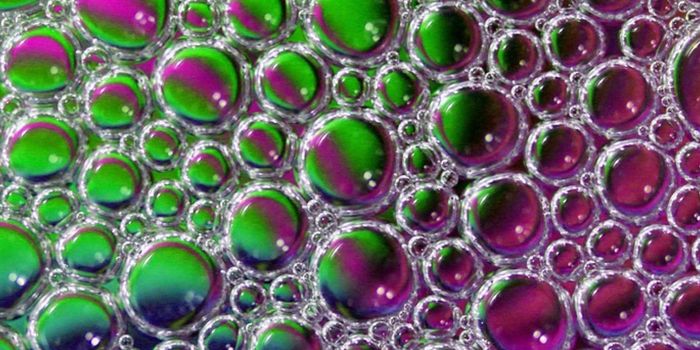The role of telomeres in the aging process has become a hot topic in biology, and recent study have linked telomeres - the protective caps at the end of DNA strands - with a variety of diseases, including many forms of cancer.

According to a review published by Paula Martínez and María Blasco from the Centro Nacional de Investigaciones Oncologicas (CNIO) in Trends in Biochemical Sciences and described in Science Daily, it is important to study the role of telomeres to improve the diagnosis and treatment of many diseases. These complex structures prevent the merger of chromosomes and prevent the loss of genetic information each time a cell divides (http://www.sciencedaily.com/releases/2015/07/150715130828.htm).
In cell replication, the molecular mechanism that duplicates the chromosomes cannot reach the tip. Telomeres consist of a DNA sequence that does not contain genes and that is repeated many times. The shortening of the DNA with every division is not significant until a certain limit is reached. When telomeres become too short, there are problems associated with aging: cells interpret short telomeres as being damaged and stop dividing, which prevents tissue from regenerating.
While this process happens in healthy cells, it does not happen in cancer cells. An enzyme, telomerase, can lengthen the telomeres. As the article explains, "This enzyme is not present in most cells of an adult organism, but it is active in tumor cells. By repairing the telomeres, the telomerase enables cancer cells to proliferate and become virtually immortal. It is possible to make cancer cells mortal by acting on the telomeres."
Various researchers have discovered telomere syndromes, or telomeropathies, in people with mutations of the telomerase enzyme. Some examples of this syndrome are pulmonary fibrosis and bone marrow malfunction. There appears to be a direct relationship between telomere dysfunctions and many types of cancer. Mutations of the proteins that protect telomeric DNA (the shelterins) and proteins that interact with the telomeres, seem to be involved in various diseases, such as dyskeratosis congenita, Hoyeraal-Hreidarsson syndrome and Revesz syndrome.
According to an article by Masood A. Shammas, "Telomeres, Lifestyle, Cancer and Again," found on the National Center for biotechnology Information website, telomere length shortens with age. Progressive shortening of telomeres affects the health and lifespan of an individual. Shorter telomeres indicate increased incidence of diseases and poor survival. Specific lifestyle factors affect the rate of telomere shortening. By choosing a better diet and better activities, people can reduce the rate of telomere shortening or prevent excessive telomere attrition, delaying the onset of age-associated diseases and increasing lifespan (http://www.ncbi.nlm.nih.gov/pmc/articles/PMC3370421/).









